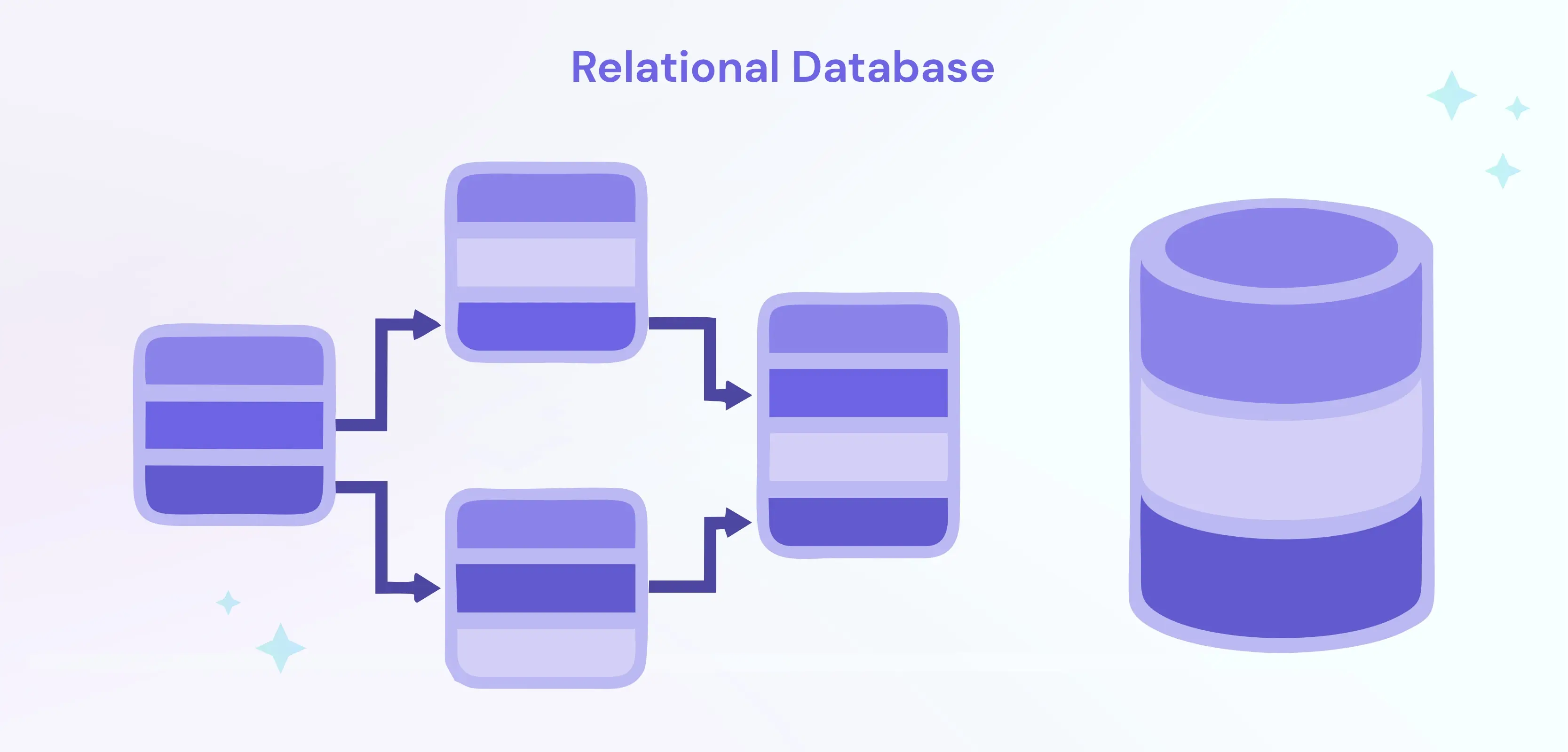Unlocking Potential: Relational Database Market Opportunities

A vast and largely untapped field of Relational Database Market Opportunities lies in serving the burgeoning needs of the Small and Medium-sized Enterprise (SME) sector. Historically, the high cost and complexity of deploying and managing robust relational databases placed them out of reach for most smaller businesses. However, the advent of cloud-based Database as a Service (DBaaS) has completely leveled the playing field. This creates a massive greenfield opportunity for cloud vendors and managed service providers to offer affordable, scalable, and easy-to-use relational database solutions tailored specifically for SMEs. By providing low-cost entry points, serverless options that scale to zero, and intuitive management interfaces, providers can unlock a high-volume market segment that needs the same data integrity and reliability as large enterprises but without the associated overhead, representing a significant avenue for future market expansion.
Another immense opportunity is found in the modernization of legacy enterprise systems. A vast number of large corporations around the world still run their critical applications on outdated, on-premises relational databases, some of which are decades old. These legacy systems are often expensive to maintain, difficult to scale, and lack the modern features needed to support digital innovation. This creates a multi-billion-dollar opportunity for database vendors, cloud providers, and system integrators to provide solutions and services for migrating these workloads to modern, cloud-native relational databases. Such projects are complex, involving not just data migration but also application refactoring and re-platforming. Companies that can develop specialized tools, methodologies, and expertise to de-risk and accelerate these modernization initiatives are poised to capture a significant share of this lucrative and long-term market opportunity.
A third, more forward-looking opportunity is emerging at the network edge. As edge computing grows, driven by IoT and 5G, there is an increasing need for data processing and storage capabilities located closer to the source of data generation. While much of this data may be unstructured, there are many edge use cases—such as in retail point-of-sale systems, industrial control systems, or remote branch offices—that require the transactional consistency and reliability of a relational database. This creates an opportunity for vendors to develop and market lightweight, small-footprint, and highly resilient relational databases that are specifically designed for the resource-constrained and often disconnected environments of the edge. These edge RDBMS would need to be able to operate autonomously and synchronize efficiently with a central cloud database when connectivity is available, opening up a new and rapidly growing frontier for the relational database market.
- Art
- Crafts
- Dance
- Wellness
- Movie & Television
- Adult Entertainment
- Fitness
- Food
- Παιχνίδια
- Gardening
- Health
- Κεντρική Σελίδα
- Literature
- Music
- Business & Finance
- Religion
- Shopping
- Sports
- Theater
- Drinks
- άλλο



